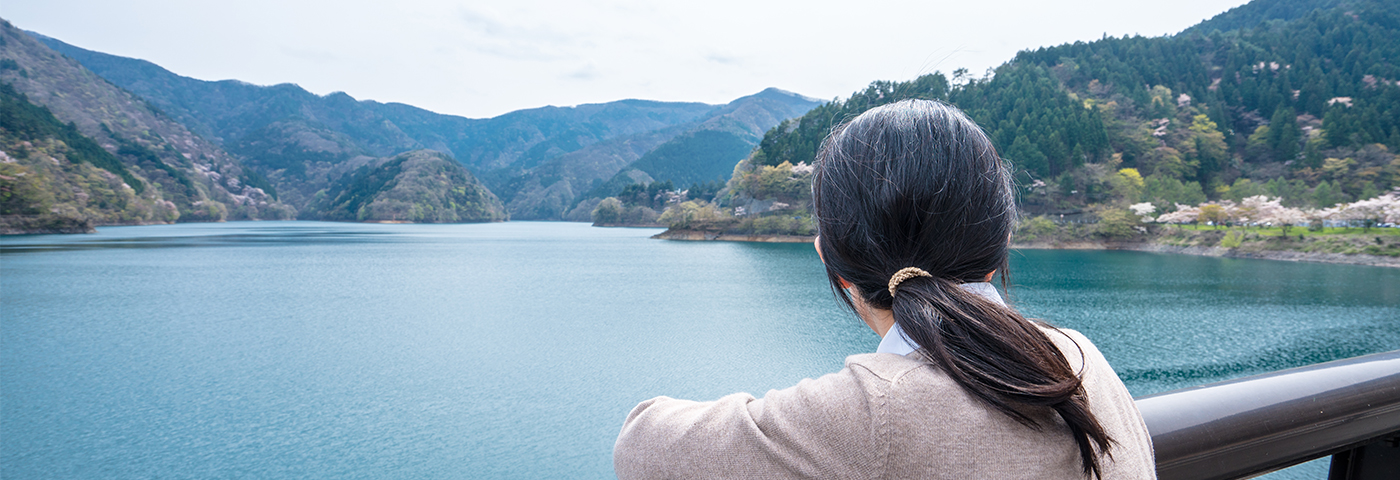It’s not news that Chinese travellers have been dominating the tourism sector over the last decade as outbound travel from China continues to grow.
It’s also no secret that Asian travellers in general love to shop while travelling. According to the 2016 Deloitte Report Global Powers of Luxury Goods, 40 percent of the global spend on luxury goods comes from purchases made while travelling internationally.
Growth in foreign travel spend by Chinese tourists of all age groups and income status grew in 2016 to levels never seen before, hitting $261 billion for the first time, setting a record for global outbound tourist spending, according to a Skift report earlier in the year.
And in this group, half of them are Chinese millennial travellers, aged 15-29, eager to spend on luxury goods that show and validate their wealth. And while it is easy to say that the younger Chinese traveller are more willing to spend on indulgences than previous generations, the older millennials and Gen-X Chinese travellers brought home the ‘bacon’ for China as the age group that spent the most in luxury goods.
When numbers are involved, age does matter.
The Forrester Report, Understanding the Chinese Luxury Shopper China, in 2015, spent $ 83.9 Billion USD in luxury goods spending. The median age of these shoppers is 36.7, significantly younger than the luxury shopper in Western Europe ( France’s median age is 44.5, spending $ 7.1 Billion USD). USA has the second biggest luxury goods shoppers, spending $61.6 Billion USD, with a median age of 37.6.
Beyond designer handbags
And while more than fifty percent of Chinese millennials are likely to buy luxury goods while travelling, their luxury spending now reach beyond handbags and jewellery.
In tune with the rising travel trend among millennials worldwide where younger consumers spend more on experiences than products, the young Chinese travellers are seen to be spending more on dining, experience and adventure.
Just like other millennials worldwide, the young Chinese traveller wants the freedom to do what they want, when and how they want to, and share those experiences with friends, family and colleagues.
The Chinese millennial traveller is a hotelier’s delight
According to the 2017 Chinese Luxury Traveller Report released by Shanghai-based Hurun Research Institute, private short-stay rentals such as Airbnb did not impress the affluent Chinese traveller.
Based on the report, 28 percent of Chinese luxury travellers answered a firm “No” when asked if they will consider booking private apartments on their travels. 10 percent said it is highly unlikely, while 31 percent had a neutral attitude.
Their main reason for shunning option of private apartment/ residences when travelling is the lack of top-tier services and amenities.
Hotel chains must take advantage of this as younger Chinese travellers (born in the 1980’s), had a budget of GBP 383.00 more than the other age demographics set for accommodation spending.
For ideas on how to provide a lasting impression to your guests, here are 7 surprisingly simple luxury hotel amenities that make a big difference.
Africa on the horizon
The next few years will see the continuous rise of adventure travel (or luxpeditions) among luxury travellers worldwide.
Among the Chinese travellers, it is those born in the 1980’s that showed the greatest interest in adventure travel.
And among these young travellers, 36 per cent of them plan to visit Africa in 2017, up from the 23 per cent in 2016.
This gives Africa room to strengthen regulations in hunting safaris as travel packages which include hunting in Africa promises room for growth among wealthy Chinese.




Hi Jean,
I read your article with great interest. My only objection here, is you mentioning and promoting hunting in Africa. We are not going back to the dark years here. Our wildlife is in danger and we are struggling to keep up the numbers. These animals are precious and our economy depends on them for viewing safaris.
Hi Rosy,
Thank you for your comment. I myself am personally against hunting of all kinds. I was not promoting hunting in any way. Africa / hunting has come up in the Chinese Luxury Travel Report as one of the popular kinds of travel in the Chinese market. I did say that this would be an opportune time for Africa to strengthen its hunting regulations (a complete ban on it would be ideal!). As a writer for a publication that is not my own, I have to be objective in presenting information.
Perhaps we can encourage these rich millennials to spend their money on conservation instead of destruction!